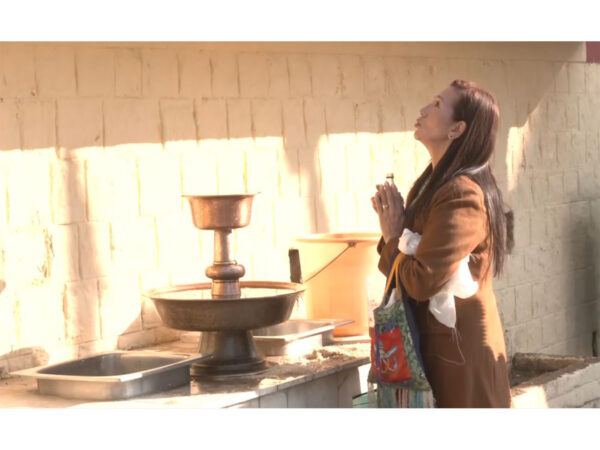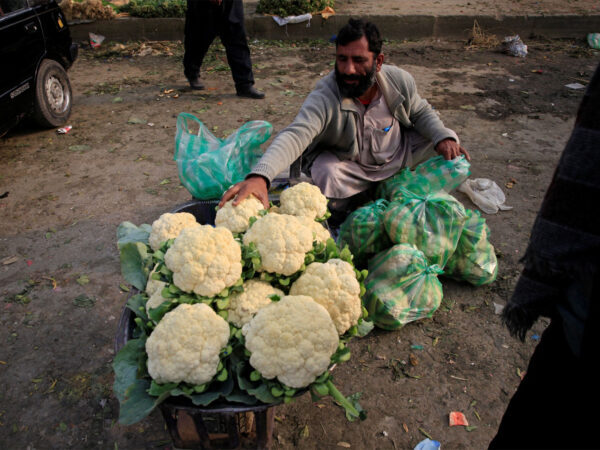‘Xinjiang Another Bangladesh Waiting To Happen’
Xinjiang is likely another Bangladesh waiting to happen with a population that dreads Chinese Communist Party control and yearns for a stable democratic republic, according to activist Lily Harding.
In an opinion piece in The Kootneeti, Harding writes that Xinjiang also known as East Turkistan is strategically important to China’s economic development goals, however, its people are of no use for its government.
“Like, true colonialists, China views this land and these people in economic terms only. Government officials targeted the most wealthy Uyghurs, putting them in camps, then appropriated their property and bank accounts. They even sought to make money off of the very bodies of these people by sex trafficking them, selling their hair to Americans, and marketing their organs to rich Saudis and organ tourists,” says Harding.
She adds that East Turkistan is likely another Bangladesh waiting to happen, with a population that dreads CCP control, and yearns for a stable, democratic republic. “This would also give India a better neighbour than China,” she adds.
Harding’s comment is with reference to the Bangladesh Liberation War which started in 1971.
The armed conflict broke out after the Pakistani Army began to commit the barbaric genocide on innocent Bengali population, particularly the minority Hindu population in then East Pakistan (Bangladesh).
The Uyghurs, a Turkic-speaking minority from Central Asia, are a distinct ethnic group from Han Chinese, with Urumqi being closer to Kabul than Beijing.
In 2009, the most infamous riots broke out in the streets of Urumqi, Xinjiang which pitted Uyghur Muslims against Han Chinese.
The activist says the CCP government has turned the entire region into a highly controlled, open-air prison after the Urumqi riots in 2009.
“Facial recognition cameras were put up every six to ten meters pointing in multiple directions. There was nowhere you could go in East Turkistan that was not monitored and recorded. Groups of police officers stood on the sidewalks and demanded that passersby give them their cell phones to scan,” she writes.
Harding, who had lived in Xinjiang’s Urumchi, before escaping the country, explains the tough control and restrictions imposed in the region in order to monitor the population.
“I was living in Urumchi, Xinjiang’s capital where everyone was missing someone in their family. People whose families were not from Urumchi were missing at least half of their adult family members. Whole families had their homes demolished and then disappeared,” she says.
She says she could save herself from police officers monitoring everybody by keeping her head down and staying low key.
“The police were everywhere. People were very frightened. If the police found something they didn’t like on your phones such as religious apps or foreign apps or a VPN, they would go to your house a week or two later, and you would disappear. There was nowhere to hide. They spied using every form of technology they had. China used your phone’s GPS to track you, all your apps, and they have thousands of employees that keep track of this information,” Harding says.
The activists also speaks about her friend who disappeared in January 2018.
“She was Uyghur and openly a Christian. I have not seen or heard from her since, but I did receive word that she was released last fall, I now assume that she is in forced labour,” the activist said.
Harding called upon the world to recognize their struggle for autonomy, human rights, equality, and independence and will help establish democracy in East Turkistan by diplomatically recognizing their in-exile government
“The people of East Turkistan wish to be able to live their lives in peace. Most of the world has turned their backs on them for the promise of Chinese money. We need to help them build a better future,” she adds.
(ANI)



